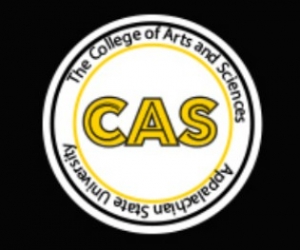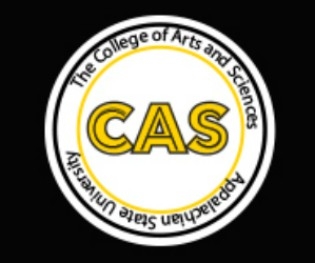"Should We Judge Other Cultures"
Philosophy and Religion Spring 2018 Colloquium Series
Wednesday, Feb. 7, 2018 from 5:30 - 6:30 p.m.
Dr. Kevin Schilbrack, Professor and Department Chair of Philosophy & Religion
Belk Library and Information Commons, Room 114, Plemmons Student Union, Appalachian State University
This event is free and is open to the campus and community.
Dr. Kevin Schilbrack writes about philosophical questions raised by the academic study of religion. A graduate of the University of Chicago Divinity School, he is the author of “Philosophy and the Study of Religions: A Manifesto” (Blackwell, 2014) and he is presently interested in the relevance of embodied cognition and social ontology for understanding what religion is and how it works.
With people traveling and immigrating all around the world and new technology connecting the planet together, people now know more about and interact more with those of other cultures than ever before. It's hard not to make judgments about how other people live.
In this talk, the first of the Spring Semester Colloquium in the Department of Philosophy and Religion, Schilbrack considers three reasons why we shouldn't make judgements about cultures other than our own and how when we do, we typically evaluate them incorrectly. . He will make the case that what the world needs most today is to develop the skills to judge other people's cultures wisely and critically.
There will be two more speakers this semester in the Colloquium with Dr. Tom Ellis speaking about "Murder in the Mind of God: The Violent Economics of Religion" on Tuesday, March 20 and with Dr. Rick Elmore, speaking about "Following Animals: The Nonhuman Turn in Philosophy" on Tuesday, April 10 at the same time and location of this current event.
###
About the Department of Philosophy & Religion
The Department of Philosophy and Religion invites students to explore the world, examine beliefs, understand a diversity of worldviews and challenge the ideas and values that instruct our lives. The department offers a Bachelor of Arts in philosophy and a Bachelor of Arts in religious studies, as well as a minor in both of these areas.

